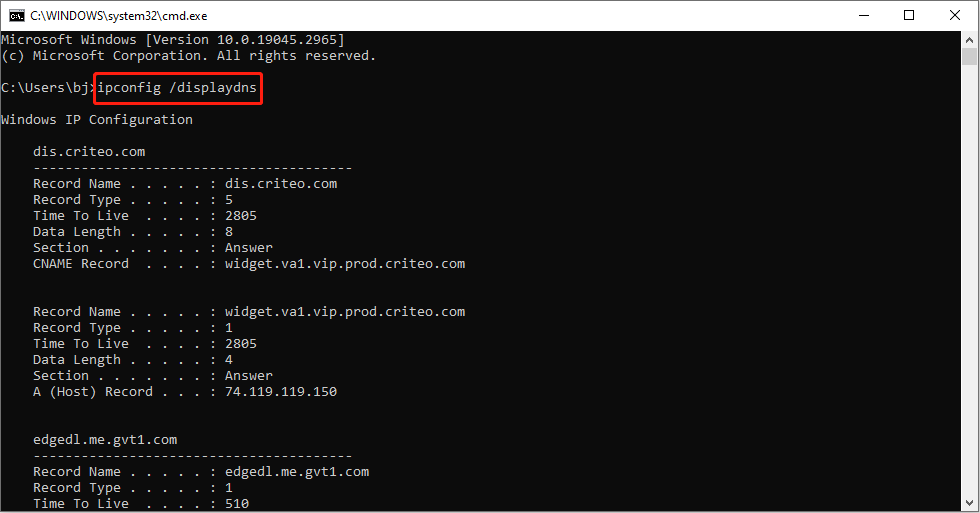


The first (and perhaps most important) thing to remember is the bulk of information Google collects about users - and, in turn, uses to fuel its ad sales and to customize your Google experience - is associated with Google accounts.

So - how is all this going to work starting tomorrow? It’s mostly about Google accounts For others, it’s a tremendous shift away from the company’s now almost-forgotten mantra, “don’t be evil.” By combining user information across accounts and services, not only will Google have one-stop-shopping for potentially enormous amounts of personal information about users, but that information will be used to target advertising.Īnd even more people may have no idea the change is imminent: according to Big Brother Watch, only 12 percent of Google users have actually read Google’s new privacy policy. Shopping habits of your friends on Google+ might influence ads appearing in your Google search results.įor some people, this is no big deal - in fact, many Internet users assumed Google had been doing this all along. For example, interests and topics Google picks up on by reading your Gmail might influence the recommended videos and advertisements that appear on YouTube. Google says the new policy isn’t really a change: it’s not collecting any new data about people, it’s just going to start using that information uniformly across its services. Google’s new all-encompassing privacy policy goes into effect March 1, meaning the company will start treating information it gathers across dozens of its subsidiary sites - things like GMail, YouTube, Blogger, Shopping, News, Maps, Books, Google+, and more - all as a single entity, rather than as dozens of little sub-entities each with their own caches of information about a user.


 0 kommentar(er)
0 kommentar(er)
